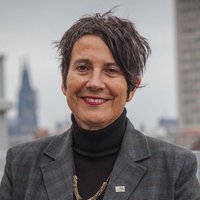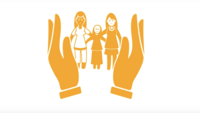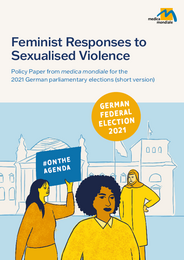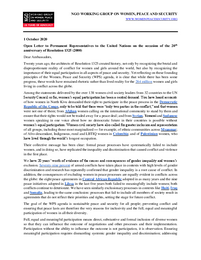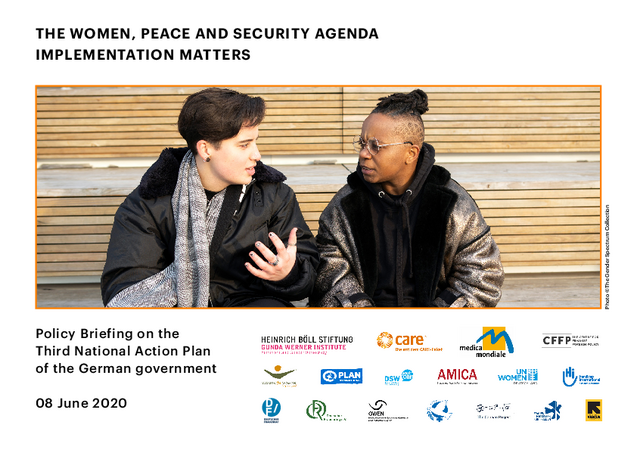In Germany, in action for women’s rights worldwide
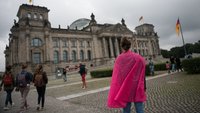
Germany is the largest national economy in Europe and the fourth largest in the world. The country’s influence on the international community, on its handling of sexualised wartime violence, and on its support for survivors is correspondingly great. medica mondiale follows and supports the work of the German government critically.
Putting sexualised wartime violence on the agenda
medica mondiale has long advocated a feminist foreign policy for Germany as part of the country’s commitment to combat sexualised wartime violence. We also have our sights set on combating patriarchal structures in Germany, for example by implementing the Istanbul Convention.
Germany and its commitment to women’s rights
Germany’s membership of the United Nations (UN) and the country’s history are two of many factors which oblige it to work for the upholding of women’s rights and an end to sexualised violence. Its commitment to a feminist foreign policy is a step in the right direction.

In its resolutions – such as Resolutions 1820 or 1325 – the United Nations has specified how its member states need to intervene to stand up for women’s rights and counter sexualised wartime violence.
Another part of this legal framework is the Istanbul Convention. In 2011, the Council of Europe created this international legal agreement which is now the strongest women’s policy instrument currently in force in Europe. Nevertheless, the Federal Government of Germany took until October 2022 to commit to its full implementation. There are now telephone helplines, but there is a lack of effective prevention measures such as training and awareness-raising for those who work with women who have experienced violence.
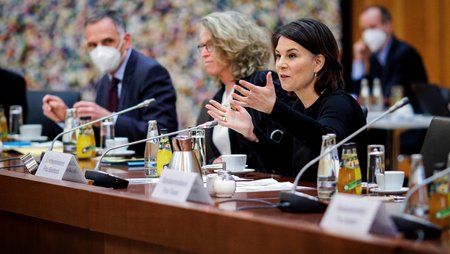
In the coalition agreement signed by the three governing parties SPD, FDP and the Greens in 2021, they affirmed their commitment to a “feminist foreign policy”. Foreign Minister Annalena Baerbock wants to do more than simply put the focus on women and girls – the perspectives and needs of other discriminated groups needs to be considered, too. However, with regard to combating sexualised violence in armed conflicts, the Guidelines published by the State Department in the Spring of 2023 do not go far enough. It is not enough to promote individual ‘lighthouse’ projects. Instead, a look needs to be taken at the continuum of violence. Structural discrimination and the imbalance of power in patriarchal societies need to be overcome.
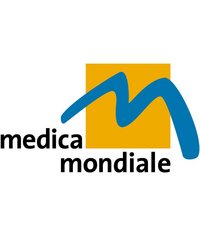
medica mondiale
Work priorities: informing, awareness-raising, training
In order to achieve our aim of a world without violence for girls and women, in addition to our work in the project regions, we also lobby German politicians and the general public to recognise sexualised wartime violence as a problem and take measures against it. We campaign for a feminist foreign and development policy, offer training on the stress- and trauma-sensitive approach, and raise awareness of sexualised wartime violence and its causes.
Raising public awareness of violence against women
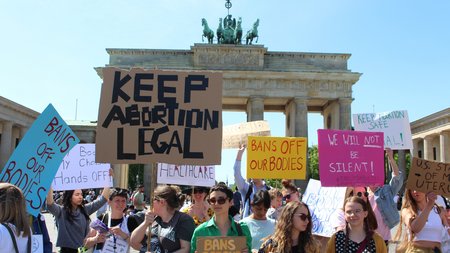
We inform the public about patriarchal structures, gender-specific injustice and the backgrounds and consequences of sexualised violence. We raise awareness through campaigns such as
- “Time to Talk“ (2005),
- “In Action“ (2008-2011),
- “My body is no battlefield!“ (2018), or
- “Never merely history“ (2020).
We take part in discussions at fundraising and protest events and give talks or lectures. Our social media channels, our donor magazine memo and our website are channels we use to inform people about news relating to sexualised violence, its causes and its consequences. medica mondiale works primarily with other organisations in feminist networks. Our aim: We encourage people to assume active responsibility for increasing justice in the world.
Putting sexualised wartime violence on the political agenda
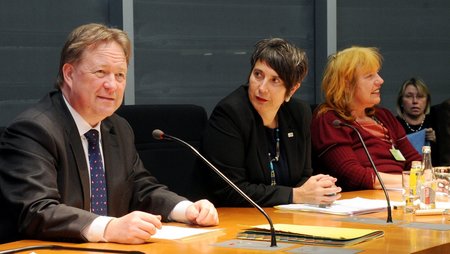
At specialist events, in dialogue with politicians, in position papers and via open letters, medica mondiale puts the issues surrounding sexualised wartime violence onto the political agenda.
We develop strategies to prevent sexualised violence. And we demand tangible action from decision-makers. Germany has to comply with and consistently implement international agreements to ensure preventive protection for women against sexualised violence. In 2017, for example, the German Federal Ministry for Economic Cooperation and Development (BMZ), thanks in part to the efforts of medica mondiale incorporated the trauma-sensitive approach into its Gender Action Plan. And in 2021, in the wake of the Taliban seizing power in Afghanistan, medica mondiale demanded that the German government fulfil its responsibility to protect and support Afghan women’s rights activists.
medica mondiale has also published academic studies and documentation on topics such as the treatment of female witnesses at international courts (2009) or the long-term consequences of wartime rapes in Bosnia and Herzegovina (2014), gaining the organisation a reputation as an internationally recognised expert in the field of gender justice.
Training: Expert and stress- and trauma-sensitive support for survivors
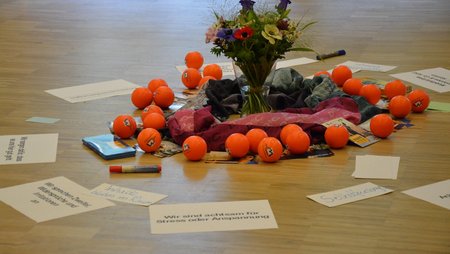
Patriarchal attitudes and power structures make it more difficult for survivors to process traumatic experiences. By offering training courses for specialist staff, we want to enable them to adopt a stress- and trauma-sensitive approach when they have to deal with the consequences of violence and traumatisation. For this purpose, we offer training courses and lectures in the project regions, and also in Germany.
The training is primarily targeted towards specialist staff in the field of international co-operation, especially peace-building, as well as students on internationally oriented degree programs. medica mondiale also trains experts to be trainers and outreach workers to further promote stress- and trauma-sensitivity.
We also offer training sessions and talks on staff- and self-care for specialist and management staff, as well as activists.
Strengthening feminist networks
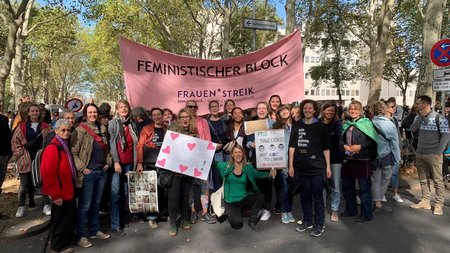
Stronger together: medica mondiale is part of various national and international networks and works together with other women’s and specialist organisations. In Germany, these include Bündnis Istanbul-Konvention (Istanbul Convention Alliance), Forum Menschenrechte (Human Rights Forum), VENRO and Arbeitskreis Frauengesundheit (Working Group on Women’s Health). Together, we are committed to countering sexualised violence and putting the needs of survivors onto the political agenda.
(Updated: 06/2023)
